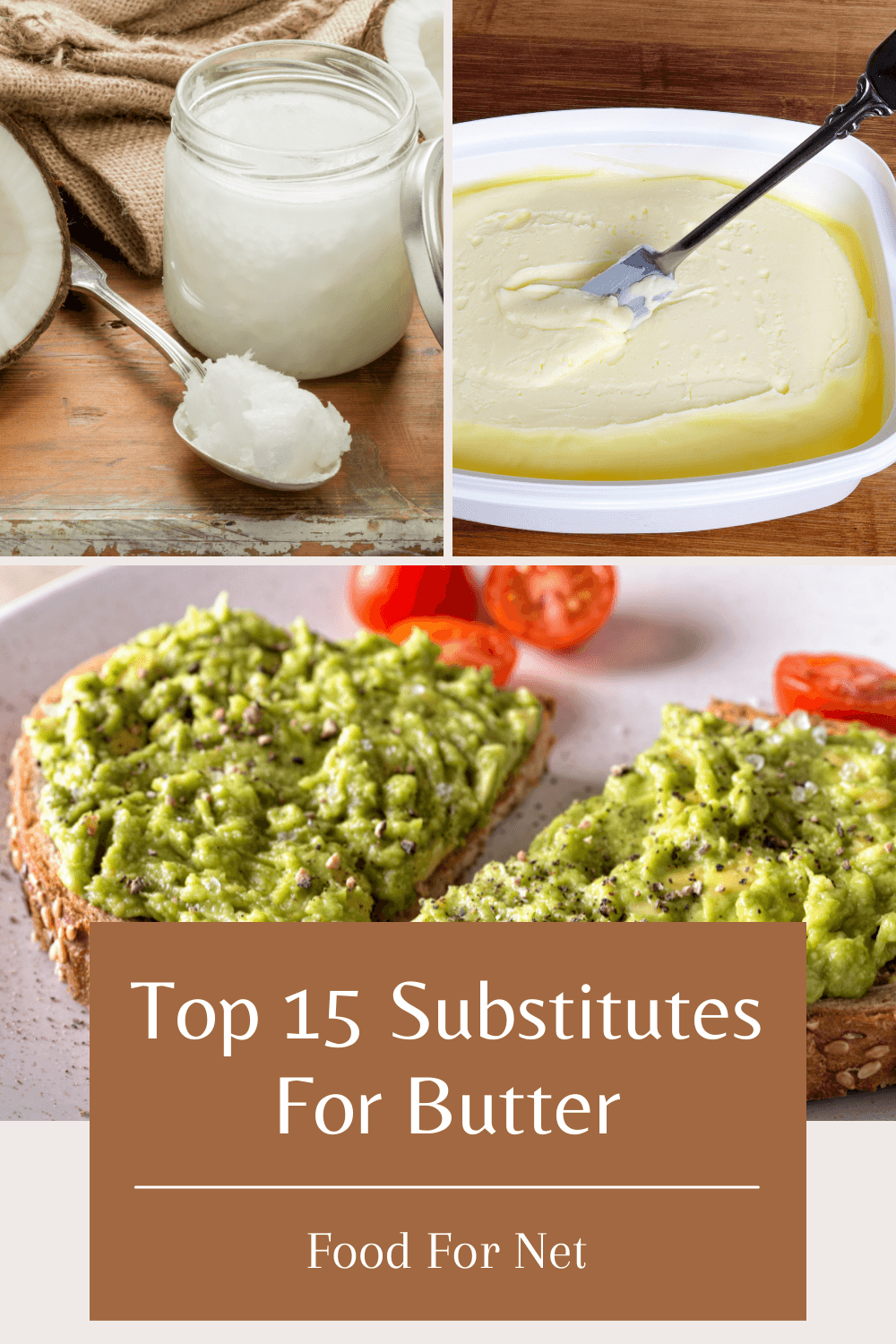
Butter is a very common ingredient in many recipes. From bread and pastries to sauces and soups, it is used in many dishes to add a rich, creamy taste and texture. There are many situations where you might need some substitutes for butter due to dietary restrictions, or simply not having any on hand.
With butter, you also have to take into consideration that it’s a very high-calorie ingredient. If you’re trying to lose weight, you’re probably going to want to reduce your consumption of butter and replace it with healthier alternatives.
Butter is a dairy product that is made from churning milk and cream. The milk and cream are heated to a high temperature, and then the milk fat globules are separated from the water and milk proteins. Butter is about 80% fat and contains about 400 different fatty acids, of which saturated fat is the most common. In fact, more than 60% of the total fat in butter is saturated fat. Butter is also rich in calcium and vitamins A, E, D, and K.
Because butter contains high levels of saturated and even contains some trans fats, it is also associated with increased risks of cardiovascular disease, stroke, diabetes, and obesity. For these reasons, many people are replacing butter with healthier options, such as healthy fats and oils. In this article, we’ll go over some of the best substitutes for butter to help you get a healthier version of the rich, creamy taste that you’re looking for.
We’ll also help you find the best vegan butter alternatives, low-fat butter replacements, and dairy-free butter substitutes that will surely work well in your recipes.
Substitutes for Butter (With Pictures!)
Olive Oil
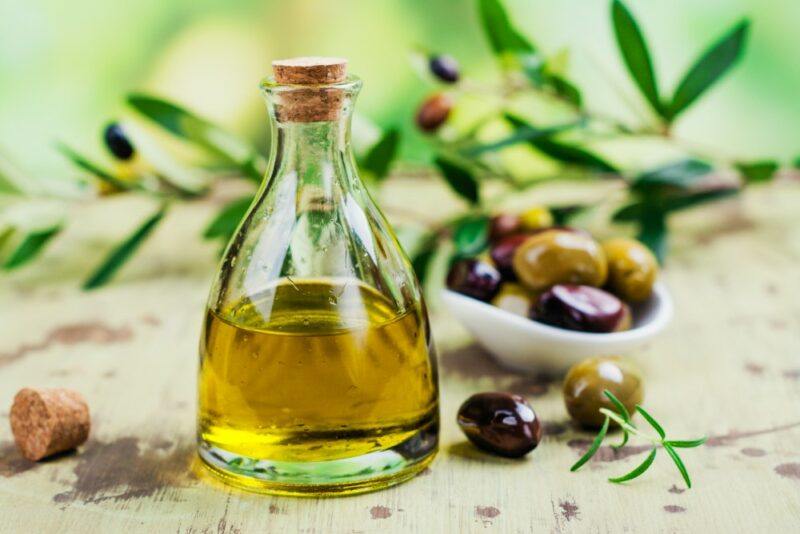
A staple in most kitchens, olive oil is a healthy oil that’s rich in monounsaturated fat, which is associated with reduced risks of heart disease and stroke. Olive oil is also a source of vitamins E and K, as well as other antioxidants and minerals. It also contains polyphenols, which are compounds that may help to protect against cardiovascular disease and cancer.
Olive oil is also a very versatile cooking and baking ingredient that can be used in many different ways. You can use it in salad dressings, marinades, sauces, bread, desserts, and many other dishes.
Coconut Oil
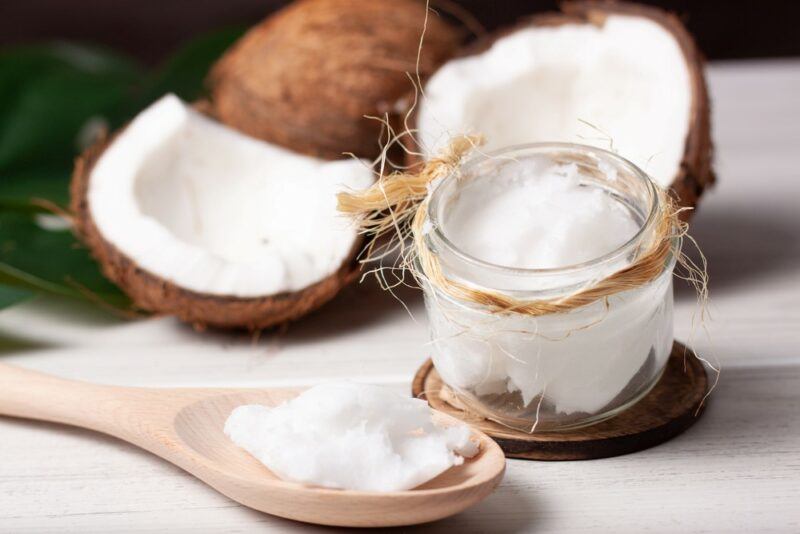
If you are lactose intolerant, coconut oil is a great option for cooking and baking. It’s also rich in medium-chain fatty acids, which are linked to a reduced risk of obesity and diabetes. It’s also a great source of lauric acid, which has antimicrobial and antiviral properties.
In addition, coconut oil has a very high smoke point, which is similar to butter. This means that it can be used at higher temperatures without burning, making it a great option for sautéing and stir-frying. It can also be used as cooking oil for roasting and grilling.
Greek Yogurt
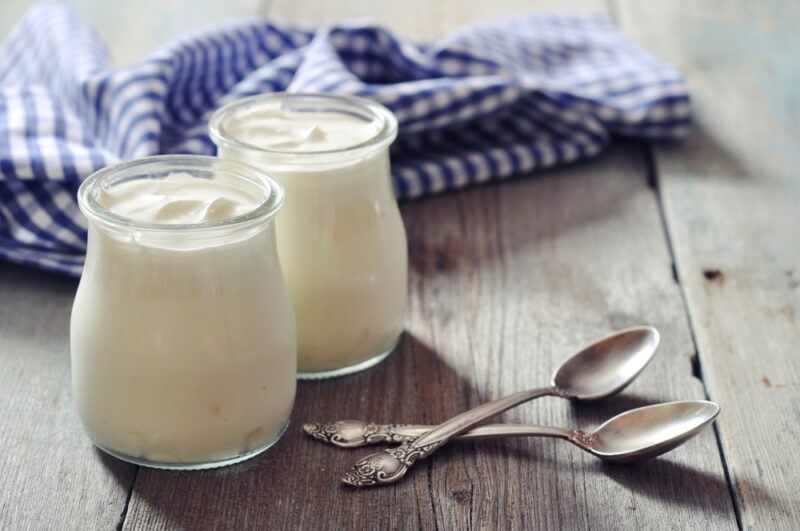
If you’re looking for a healthier alternative to butter that will add moisture and structure to your recipe, then Greek yogurt is a great option. It’s also a good source of protein and is very versatile. You can use it in sauces, dressings, dips, and even desserts.
Greek yogurt is also a great source of calcium and is rich in probiotics, which are beneficial for your gut health. Simply replace 8 ounces of butter with 1/2 cup of Greek yogurt in your favorite recipes.
Bananas
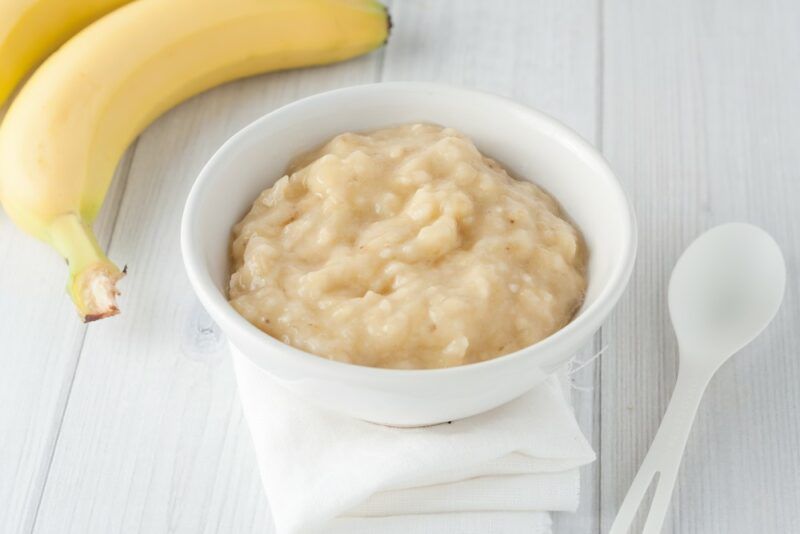
If you are looking for a great butter alternative that you can use for bread, cookies, cakes, and muffins, you can never go wrong with mashed bananas. Rich in potassium and fiber, bananas are beneficial for your heart and digestive system.
You can use a 1:1 ratio of mashed bananas to butter to create a healthier butter alternative. Just make sure to lessen your cooking time as bananas can get very soft and mushy when overcooked. Plus, do not use overripe bananas, as they have a high water content.
Margarine
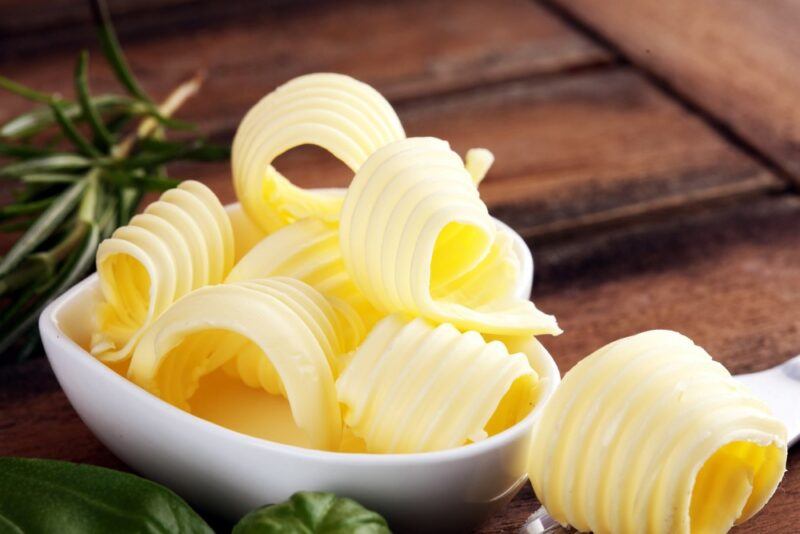
Next to butter, margarine is the most common fat used in baking. It’s a solid fat that’s a blend of vegetable oil and water. It’s also a reliable source of monounsaturated fat, which is associated with a reduced risk of cardiovascular disease and diabetes.
You can use margarine as a butter substitute in your favorite recipes but butter has a richer and fuller flavor. Still, unless you are a professional chef, you probably won’t notice much of a difference. Aside from soups, stews, and sauces, you can also use margarine in cakes, bread, and cookies.
Vegetable Oil
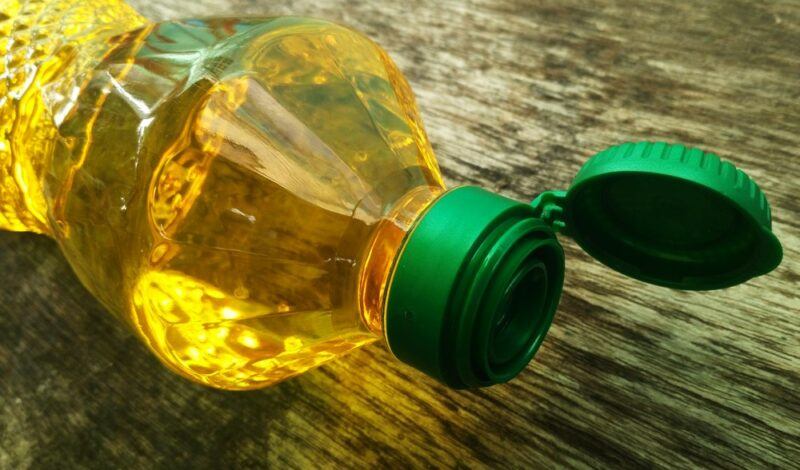
Affordable and easy to find, vegetable oil is a great option for both baking and cooking. Vegetable oil has a high smoking point, making it a very versatile cooking oil. Simply use a 1:1 ratio of vegetable oil to butter in your favorite recipes. This ratio also applies to canola oil, olive oil, and coconut oil.
Another great thing about vegetable oil is that it has a very neutral flavor. This means that you can use it in many different recipes without affecting the flavor of your dish. However, if you have an extra budget, you can use olive oil to make your favorite dish even healthier.
Applesauce
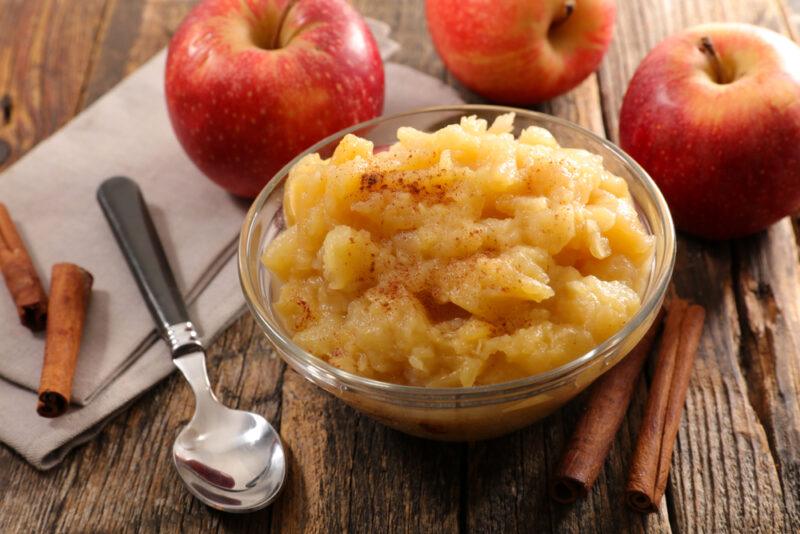
Applesauce is another great butter alternative that you can use in your recipes. It’s rich in B vitamins, as well as vitamins C and E, which are essential for a healthy immune system. It’s also a great source of fiber, which helps to regulate your digestive system and lower your blood cholesterol levels.
One thing to remember when using applesauce is that it can get very sticky when used as a butter substitute. This is because applesauce contains pectin, which is a type of dietary fiber. You can use applesauce in baking and cooking, but remember that applesauce is very high in sugar, so you should use it sparingly.
Avocado
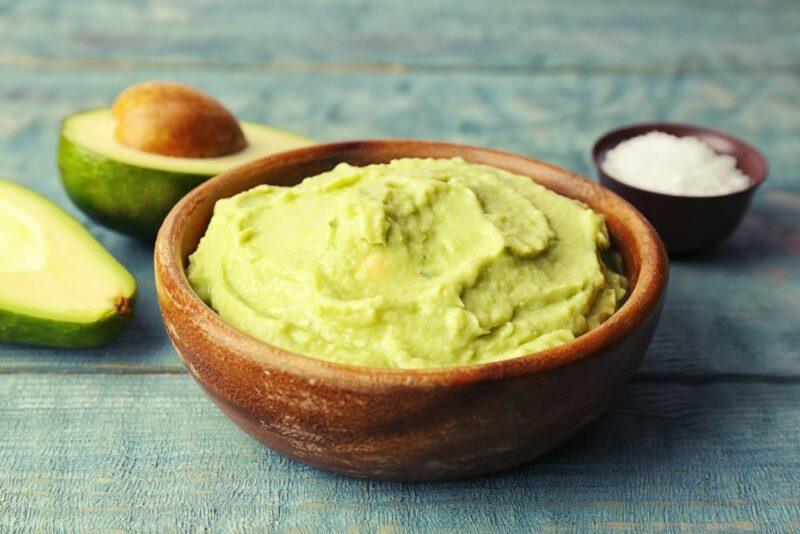
If you are looking for a dairy-free substitute for butter, you can always use an avocado. It’s a great source of healthy fats, which are beneficial for your heart, brain, and skin. It also contains vitamins C, E, and K, as well as minerals like iron, calcium, and potassium.
The 1:1 ratio of avocado to butter works well in most recipes. Just remember that the consistency of pureed avocados is very thick, so you may need to add some additional liquid to your recipe to make it work. Plus, avocados have a distinct flavor that may not go well in some dishes.
Pumpkin
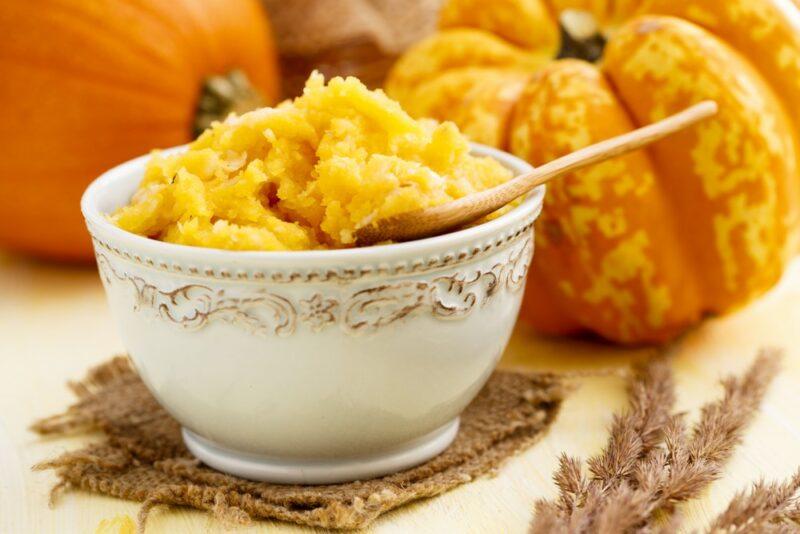
Pureed pumpkin is a great alternative to butter because it has a subtle flavor and smooth texture. It’s rich in beta-carotene, which is a form of vitamin A that’s good for your eyes and skin. It also contains fiber and antioxidants, which are beneficial for your digestive system. You can use a canned or freshly pureed pumpkin to make your favorite recipe.
Pumpkins have high water content, so it’s advisable to use about 3/4 cup of pureed pumpkin to replace 1 cup of butter. The same ratio applies to both store-bought and homemade pumpkin puree.
Shortening
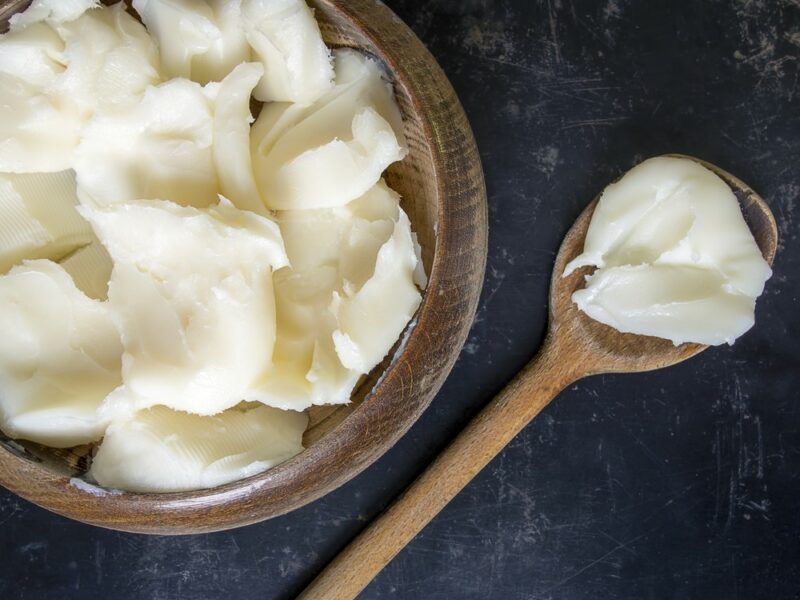
Shortening is a solid fat that’s used in baking to add a rich flavor and buttery-like texture. It’s also a great alternative to butter because it doesn’t have a strong flavor. Shortening has a wax-like texture like butter with less water content, making it perfect for baking.
You can use the same amount of shortening as butter, but there are times when you may need to adjust the ratio to get the right consistency. Flavor is the key differentiator when it comes to choosing between shortening and butter. You may want to use shortening in cookies and cakes because it has a mild flavor, but if you’re looking for a rich, full flavor, butter is still your best option.
Nut Butters
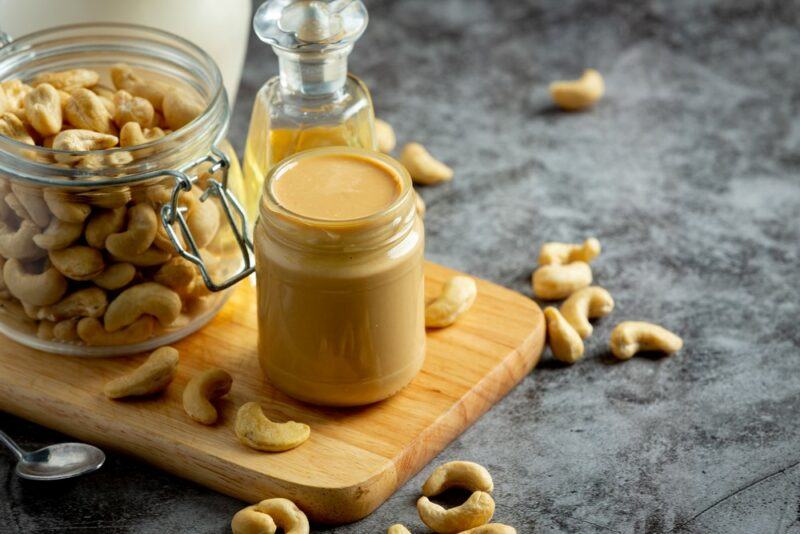
Nut butter is dairy-free alternative to butter that has a smooth texture and rich flavor. Nut butters can be used in many different recipes, but they are best used as a spread or as a topping on your favorite baked goods. These plant-based butters come in many forms, including: almond, cashew, hazelnut, peanut, and walnut.
Depending on your recipe requirements, some nut butters are more suitable than others. Almond butter is great for baking because it has a smooth texture and a rich, nutty flavor. Meanwhile, cashew butter is perfect for savory dishes because it has a mild, sweet flavor and a smooth texture.
Buttermilk
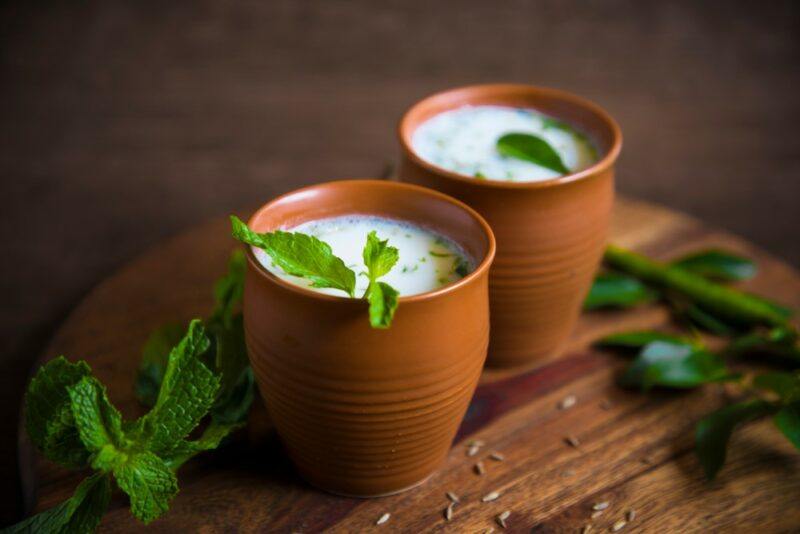
A dairy alternative to butter, buttermilk is a mixture of milk and acid. It’s a popular ingredient in baking because it gives a rich flavor and tender texture to baked goods. Like yogurt and sour cream, buttermilk has a tangy flavor that adds depth to your recipes. It’s also a great source of calcium and vitamin D.
You can make your own buttermilk alternative at home by simply adding a teaspoon of lemon juice or vinegar to a cup of regular milk. Let it sit, wait for it to curdle, and you’ll have your very own, homemade buttermilk that you can use for most recipes.
Ghee
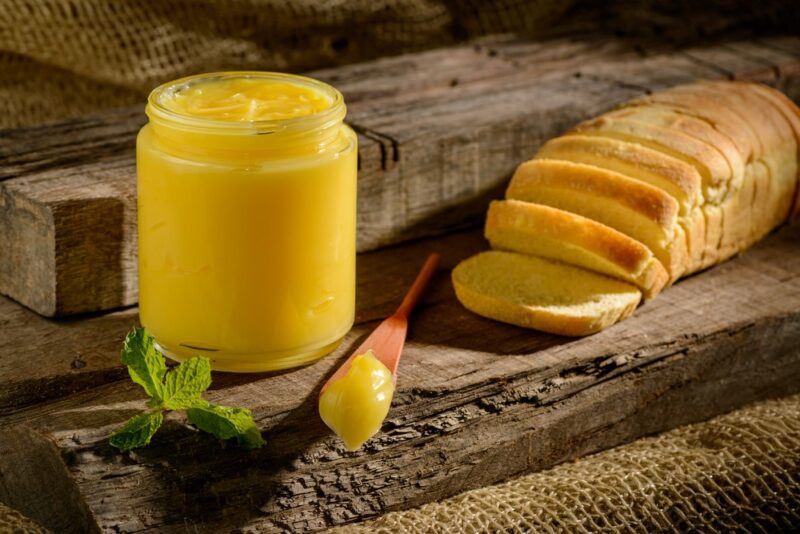
Ghee is a form of clarified butter that has a rich flavor and a smooth, buttery texture. It is commonly used in Indian cuisine, but you can also use it in any recipe that calls for butter. Ghee has a distinct nutty flavor, making it a great ingredient for baked goods such as bread and cookies.
Ghee can replace butter at a 1:1 ratio, but it has high water content, so you may need to adjust the amount of ghee in your recipe to get the right texture and consistency.
Vegan Butter
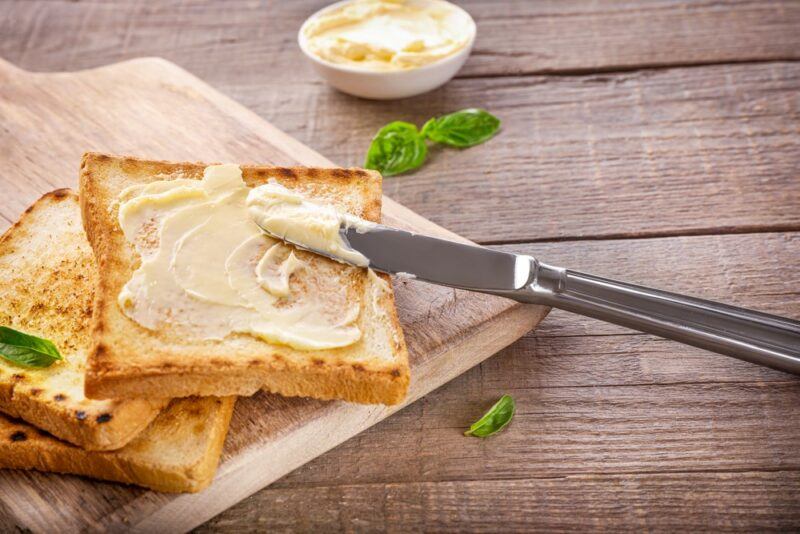
Are you looking for a non-dairy substitute to regular butter that tastes like the real deal? You may want to try vegan butter. Vegan butter is made by blending a combination of oils and fats from palm kernel, coconut, avocado, and more. It is perfect for those who want to avoid dairy but still want to enjoy the rich, full flavor of regular butter.
Vegan butter has a smooth texture and a rich flavor, so it can be used in a variety of recipes. You can also use it to replace regular butter in baked goods. Vegan butter is also perfect for making salad dressings, dips, spreads, and more.
Mayonnaise
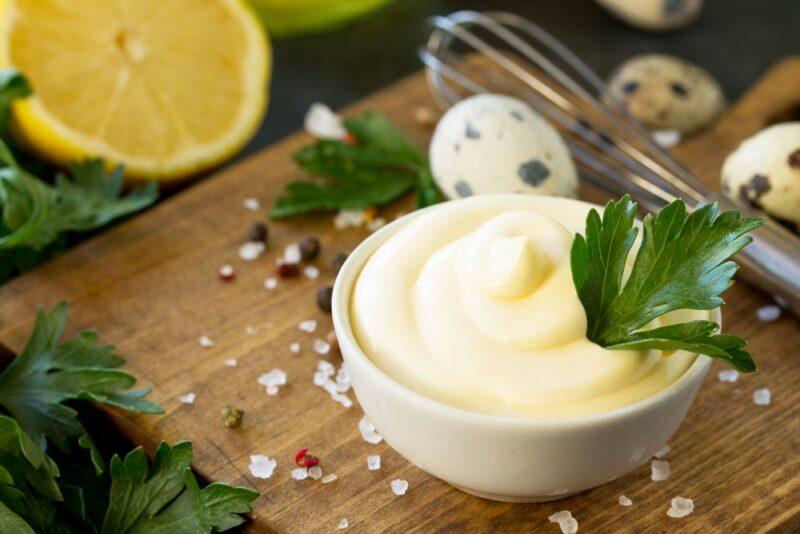
Mayonnaise is a popular condiment that’s used to add flavor to dishes. It’s made from a combination of eggs, oil, and vinegar, making it a perfect source of protein and healthy fats. It also has a smooth texture that is great for spreading on bread or using as a dipping sauce.
Instead of butter, try using mayonnaise on your grilled cheese, scrambled eggs, or mashed potatoes to enjoy a creamy, rich flavor that is sure to satisfy your taste buds.
Which Butter Alternative is Right For You?
When it comes to choosing between butter and butter alternatives, it’s important to remember that each has its own unique qualities. The butter alternative you choose will depend on your personal preference and the type of recipe you are making.
There’s a reason why butter is a staple ingredient in our kitchens. It gives dishes a rich, creamy flavor that is hard to replicate with other ingredients. There are some trade-offs, however. Butter has a higher fat content than other butter alternatives, which means it’s a little more calorie-dense.
However, if you decide to use a butter substitute, you need to prepare yourself for the possibility that you may not like the taste, texture, or consistency of a particular butter alternative. You may need to experiment to find an option you like that also suits your recipes.
The Best Butter Substitute for Baking
If you want to bake with a butter alternative, you may want to try vegan butter. It has a smooth, buttery flavor that is perfect for adding to your favorite recipes. It’s also a great alternative to butter because it has lower fat content than regular butter.
The Best Butter Substitute for Cooking
Whether you are a professional chef or a home cook who loves to experiment, there’s no limit to the types of butter alternatives you can use in your kitchen. You can use ghee or nut butter to add a rich nutty flavor to your dish or shortening if you prefer a flatter, more neutral taste.
The Best Butter Substitute for Vegans
If you are vegan or allergic to dairy, you should explore using plant-based butter substitutes in your recipes. Vegan butter, banana, avocado, vegetable oil, and coconut oil are only some of the many alternatives you can use to add richness to your dishes.
It will take a lot of trial and error to find a butter alternative that is a good fit for your palate. Too much of anything can be bad, so it’s important to start with a small amount of butter substitute and add more until you find the right balance of flavor and texture.

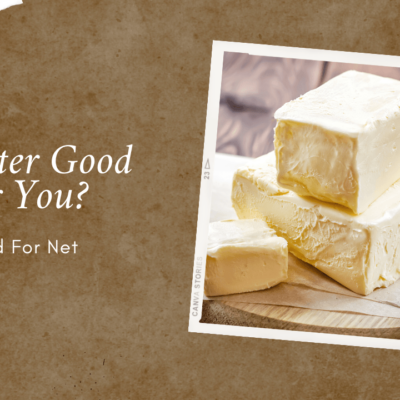
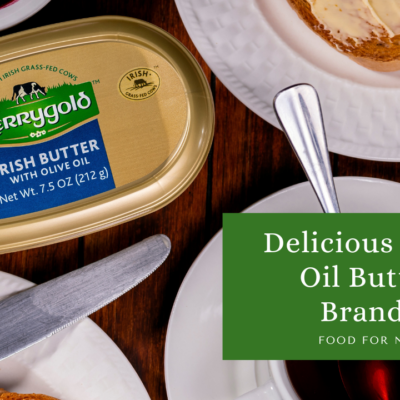

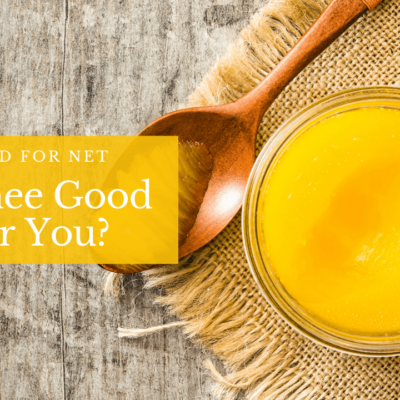

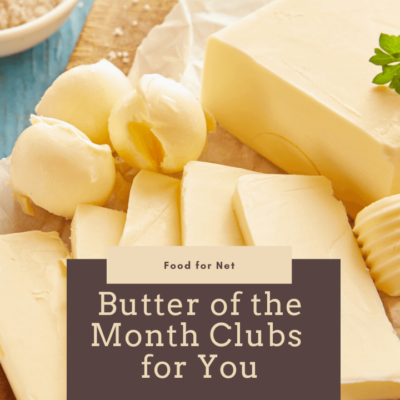
 5 Best Bottled Water Brands
5 Best Bottled Water Brands
Leave a Reply